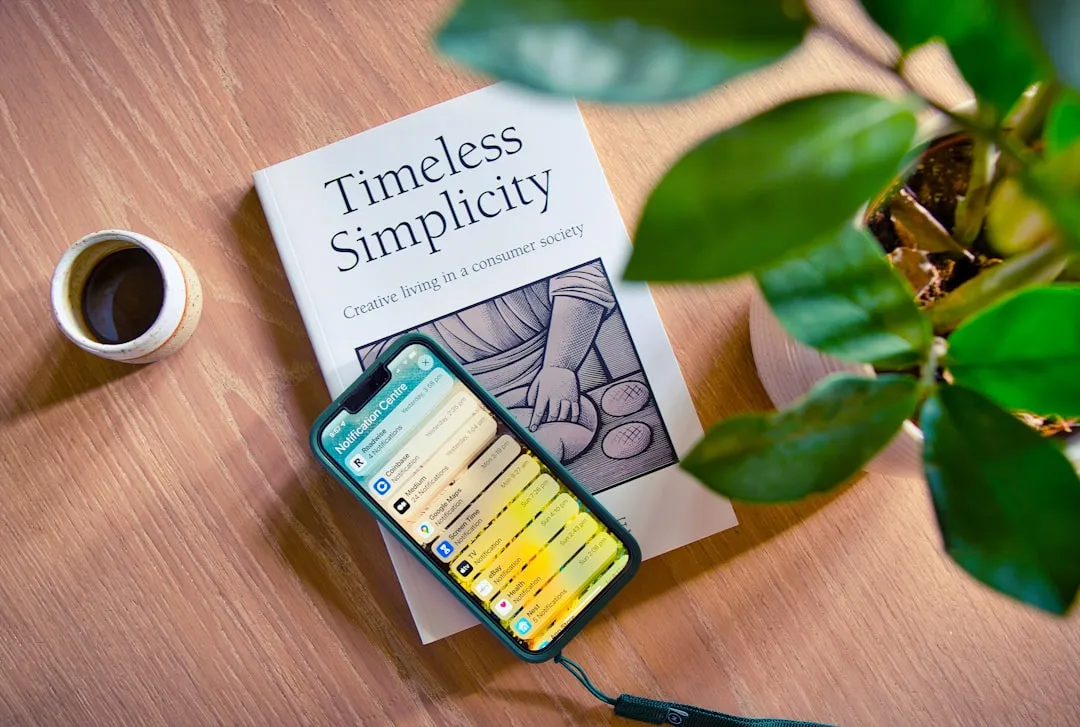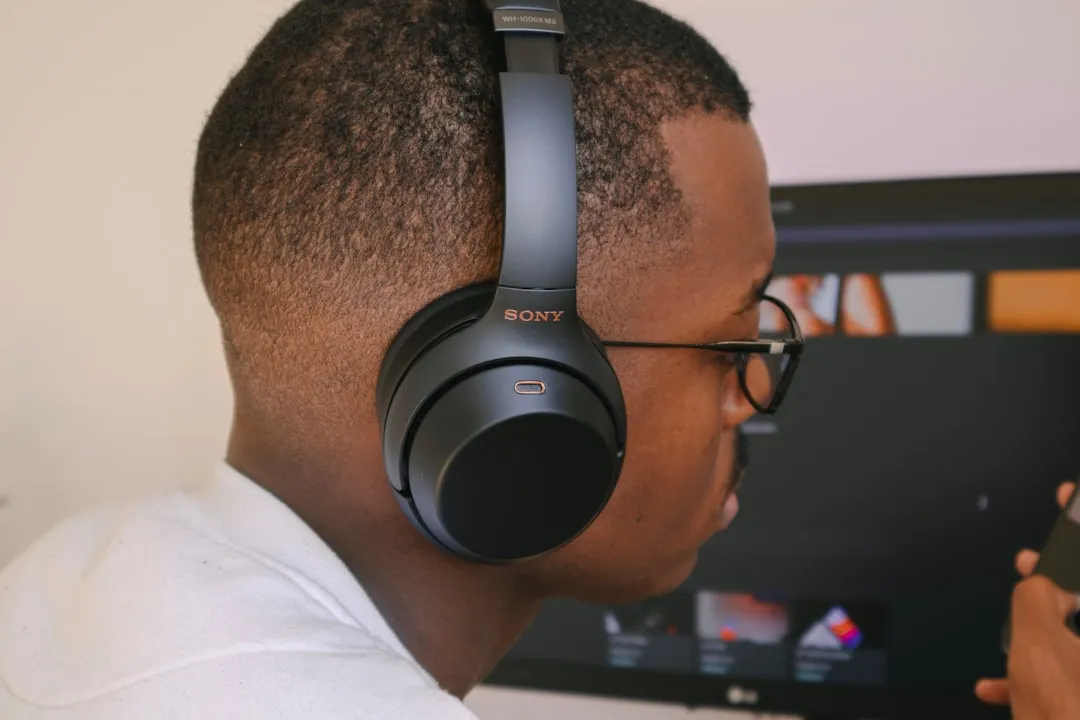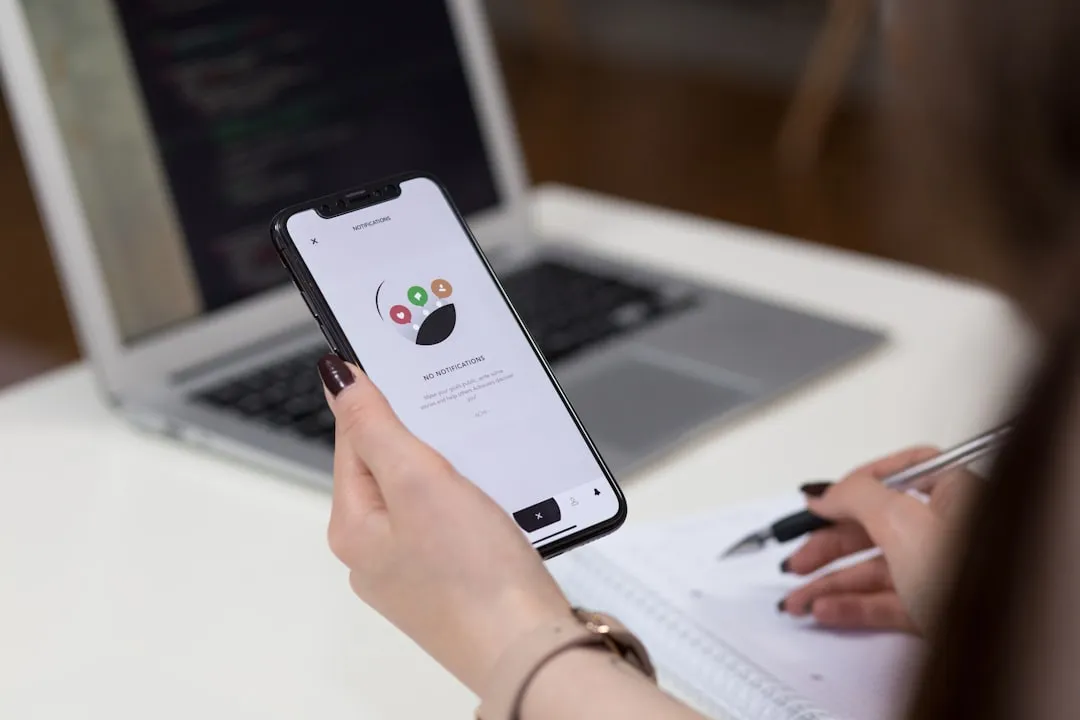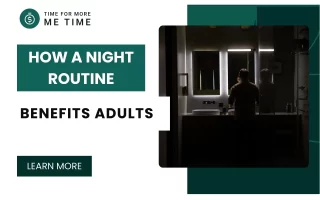
We’ve all been there—staring at a mountain of tasks, feeling the pressure of looming deadlines. In these moments, working faster to get things done isn’t just a luxury; it’s a necessity.
This is especially true in my work. As a dosimetrist handling time-critical drugs, I don’t have the luxury of wasting time.
But the real question is: How can we work faster without sacrificing quality? In my case, how can I work quickly without making a mistake? After all, one mistake could lead to serious consequences—not just for my career but for the health of our patients.
It’s a challenge even the most experienced professionals face.
The good news? It’s possible. By making small adjustments to your workflow and adopting a few smart techniques, you can dramatically boost your efficiency—impressing both your boss and yourself.
Ready to break free from inefficiency and unlock your full potential? Keep reading this guide to learn how to work faster, supercharge your productivity, and reclaim your time.
1. Eliminate The Feeling Of Being Overwhelmed

The constant pressure of unfinished tasks and getting things done quick can be exhausting, making it difficult to stay motivated and focused. But feeling overwhelmed and exhausted isn’t just about having too much to do—it’s about not having a clear way to manage it.
The key to overcoming this is gaining control over your workload and how you perceive it. If you’re feeling overwhelmed, take a step back and approach it logically. Ask yourself:
- Will this situation ruin my career or end my life?
Will it ruin someone else’s career or life?
Will it ruin the company?
If the answer is no to all of these questions, then don’t stress and feel burnt out—just go at your own pace.
Are you going to miss a deadline? Is it unavoidable? If so, is it because of something you did, or was it out of your control?
If there’s something you can do to fix it, take action. If not, accept the consequences, no matter how tough they may be—as long as they don’t threaten your career or life.
When you adopt this mindset, you free yourself from feeling overwhelmed. Once you reach this level of clarity, tackle your tasks slowly but systematically. Remember, eliminating overwhelm is crucial to staying productive.
Some call this process “embracing stress” or acceptance-based coping. It’s a far more effective approach than trying to eliminate stress entirely or letting yourself become overwhelmed. It’s one of the top ways to deal with stress at work.
And while it may seem unconventional, it’s much better than being paralyzed by stress and doing nothing or struggling senselessly.
2. Plan Your Work And Time

Increasing your work speed isn’t about becoming a machine overnight—it’s about working smarter, not harder. Often, a few strategic adjustments to your workflow can make a significant difference and avoid experiencing burnout symptoms.
Many of us overestimate what we can accomplish in a single day and get burnt out. We set overly ambitious goals, only to end the day frustrated by an ever-growing to-do list. Sound familiar?
This is where realistic planning comes in. One effective method is the Eisenhower Matrix, a popular time management tool that categorizes tasks into four quadrants:
- Urgent And Important: Do these first.
Not Urgent And Important: Schedule these.
Urgent And Not Important: Delegate these.
Not Urgent And Not Important: Consider eliminating these.
By identifying mission-critical tasks and tackling them first, you maximize efficiency and avoid wasting time on less important activities. It can also be helpful to break down administrative and manual tasks into smaller, more manageable segments.
Being realistic about how long tasks actually take is just as important and helps prevent occupational burnout. Proper time estimation helps prevent overwhelm and reduces the temptation to procrastinate—one of the biggest barriers to productivity.
3. Minimize The Slew Of Distractions

Distractions are the enemies of focus. They come in many forms—from the constant ping of email notifications to the irresistible pull of social media.
A study found that 67% of workers felt that excessive meetings hampered their ability to get work done. But external distractions aren’t the only culprits—we often sabotage our own focus.
Have you checked Instagram recently? Or maybe taken a quick scroll through TikTok? Admit it—we’ve all been there. Using social media blocking tools can help you stay on track.
News websites are another common distraction trap, consuming an average of 1 hour and 5 minutes per day. And let’s not forget social media, which eats up a staggering 2 hours and 24 minutes daily.
See the pattern? The key to better productivity is identifying your personal time-wasters and minimizing them.
This also allows you to manage avoiding getting boreout—a psychological state that physically manifest when you’re bored because of doing low priority work or mind-numbing stuff—better.
While creating a distraction-free workspace is ideal, it’s not always realistic. Fortunately, noise-canceling headphones and website-blocking apps can be game-changers. If those don’t work, try moving to a quieter area or, if possible, working from home for a few hours.
A focused mind is a productive mind—eliminate distractions, and you’ll get more done in less time.
4. Listen To Your Work Music

Who doesn’t love a good power anthem or a calming instrumental track to set the mood? But did you know that music can actually improve your work output and help with burnout syndrome?
Research shows that certain types of music can enhance focus, boost efficiency, and help you complete tasks faster.
The next time you’re tackling a big project or working through a complex report, try listening to classical music—it’s been linked to improved concentration and cognitive function.
Feeling stuck in time tracking or spreadsheets? Rock anthems might be your secret weapon. Upbeat, high-energy music can increase typing speed and accuracy, keeping you motivated and engaged.
Choose the right soundtrack, and you might just power through your workload with greater ease and focus.
5. Rethink The Concept Of Multitasking
In today’s fast-paced world, juggling multiple tasks is often seen as a badge of honor. But contrary to popular belief, multitasking can actually hinder productivity rather than enhance it.
Research shows that multitasking decreases efficiency by 40%, especially for complex tasks requiring deep concentration. This is because switching between tasks forces your brain to constantly refocus, draining mental energy and reducing overall performance.
This is where the concept of single-tasking comes in.
By dedicating focused blocks of time to one task at a time, you allow your brain to fully engage, resulting in higher-quality work completed in less time. This approach also minimizes context-switching—the mentally exhausting process of jumping between projects.
In fact, studies have found that it takes an average of 23 minutes to regain focus after an interruption.
By resisting the urge to multitask, you’ll be surprised at how much more efficiently you complete your work. That’s how to work faster in the digital age!
And let’s be honest—wouldn’t we all rather do things once and do them well?
6. Free Yourself Of Tasks

Research shows that people often spend up to three hours on tasks that could be streamlined, automated, or delegated. By optimizing these processes, you can significantly boost productivity and learn how to work faster. Here’s how:
- Automate repetitive tasks:
Automation allows technology to handle repetitive or time-consuming tasks, freeing up your time for more important work. Tools like email filters, scheduling apps, and workflow automation platforms (e.g., Zapier) can make a significant impact. - Delegate where possible: Not everything needs to be on your plate. If a task doesn’t require your expertise, delegate it to someone else. Whether it’s outsourcing administrative work or assigning responsibilities to a team member, delegation frees up your time for strategic, high-impact tasks.
- Leverage smart tools: Beyond Zapier, platforms like Hive Automate offer powerful tools for businesses looking to cut down on manual effort. Exploring these solutions can help you work smarter, not harder—saving time, reducing errors, and enhancing overall efficiency.
It’s common sense: fewer tasks mean faster completion. However, if you’re delegating, be mindful. Ensure you have the authority to do so and that delegation actually makes sense.
Don’t just offload work onto others without thought—effective delegation is strategic, not random.
7. Prioritize Presence Over Presentation

Ever notice how meetings can drag on and hijack valuable time that could be used for actual work? Here’s the truth: unproductive meetings are one of the biggest productivity killers.
Luckily, with a few smart adjustments, you can turn meetings from time-wasters into efficiency boosters. There’s a two-step approach for this one.
First, track the time allotted for each meeting to ensure it’s used wisely. Second, keep meetings focused on discussion and decision-making rather than lengthy presentations.
Some people feel the need to over-prepare, adding unnecessary stress. But meetings aren’t meant to be performances—they should be collaborative, concise, and results-driven.
Before scheduling your next meeting, ask yourself:
Could this be handled with a well-crafted email instead?
Adopting this mindset can free up valuable time for deep, focused work.
8. Time Track Your Meetings
Since we’re already on the topic of meetings, let’s talk about time tracking—a simple yet powerful way to keep meetings efficient. Just because Outlook defaults to hour-long blocks doesn’t mean you have to use them.
If you want to work faster and waste less time, try strategically shortening meetings to 15 or 45 minutes instead of the standard hour. Using time tracking can help ensure these shorter meetings stay on track.
With that said, be sure to take of these as well:
- Some people perform their best in the mornings, while others hit peak productivity mid-day. Keep this in mind when scheduling important meetings.
Shorter, focused meetings encourage attendees to get straight to the point, leading to faster decisions and fewer distractions.
Having a clear agenda shared in advance ensures everyone arrives prepared, making the meeting more productive.
So, be intentional and respect everyone’s time—it’s a winning formula for efficiency.
FAQs
Need more information about this topic? These FAQs may help!
How can I force myself to work faster?
Forcing yourself to work faster can be counterproductive. A better approach is to focus on creating an environment and mindset that supports productivity. This means minimizing distractions, setting realistic deadlines, and prioritizing your tasks effectively.
You can try utilizing different techniques like listening to music, but most importantly, allow yourself sufficient breaks, such as after answering emails
How to make work go quicker?
Want to know how to make work go quicker? Identify your personal time-wasters. Are you constantly getting pulled into unnecessary meetings, struggling to focus due to distractions, or failing to prioritize key tasks?
By streamlining workflows, mastering your schedule, and adopting proven productivity hacks like time-boxing and the “Eat the Frog” method, you can shift your mindset from “dreading work” to “crushing goals” and still have time for an evening stroll.
Or post job reminders on your calendar for better task management and time management.
How do I stay motivated when working on long projects?
Long projects can feel daunting, but staying motivated is all about momentum and mindset. Break the project into smaller milestones and set achievable deadlines for each step. Celebrate small wins along the way to maintain motivation.
Consider using techniques like the Pomodoro Technique, where you work in focused sprints with short breaks in between. Also, remind yourself of the bigger picture—why the project matters and how it contributes to your goals or growth.
Conclusion
Learning how to work faster isn’t about working harder—it’s about working smarter. By incorporating these strategies, you can reclaim valuable time, reduce stress, sharpen your focus, and ultimately enhance the quality of your work.
Improving productivity is an ongoing journey of self-discovery and continuous refinement. As you experiment with different techniques, pay attention to what best aligns with your unique work style.
Ultimately, mastering efficiency isn’t just about checking off tasks on a never-ending to-do list—it’s about taking control of your time. After all, as the saying goes, “Time is money.” So, start reclaiming yours today.






